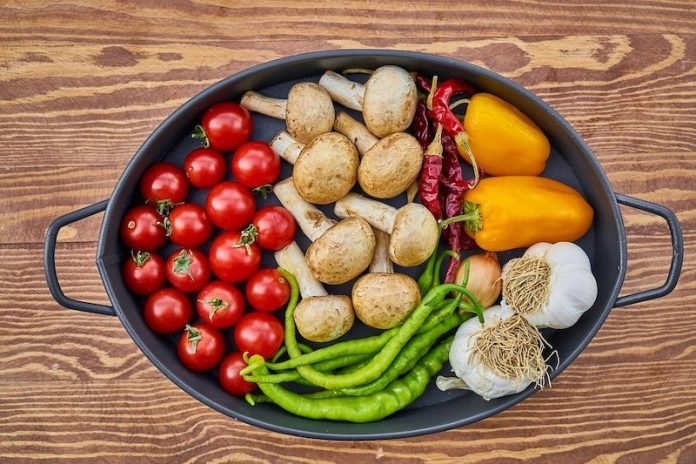
Plant-based diets (vegetarian or vegan) are becoming significantly more popular as people look to adopt a diet that is seen to be better for the environment, animal welfare, and/or personal health.
Sales of plant-based foods have seen a 49% increase in Western Europe since 2018.
Scientists from around the world with expertise in food, nutrition, medicine, and health have formed a vitamin B12 research discussion group called cluB-12 to raise awareness of B12deficiency and how it can be addressed.
Vitamin B12 is an essential micronutrient which plays a role in supporting red blood cell production, energy, metabolism, and nerve function, but it is not found in plants.
Professor Martin Warren of the Quadram Institute in Norwich, UK, who helped initiate cluB-12, is keen that the public and policymakers are aware of the public health implications and measures needed to mitigate Vitamin B12 deficiency.
Vitamin B12, deficiency anemia can cause a wide range of symptoms. These usually develop gradually but can worsen if the condition goes untreated.
Anemia is where you have fewer red blood cells than normal, or you have an abnormally low amount of a substance called hemoglobin in each red blood cell.
General symptoms may include: extreme tiredness (fatigue), lack of energy (lethargy), tinnitus, breathlessness, feeling faint, headaches, pale skin, noticeable heartbeats (palpitations), loss of appetite and weight loss.
Key recommendations for people choosing a vegan or vegetarian diet:
- Take a daily supplement containing 4–7 micrograms of vitamin B12 with food
- Monitor your vitamin B12status especially if you have not been taking supplements
- Get expert advice to support planning of a plant-based diet, particularly if becoming vegan
- Get expert advice if you’re on a vegetarian diet and you are a) planning to become vegan, b) planning to become pregnant or are breastfeeding and c) older than 60
International recommended nutritional intakes
- UK—recommended nutritional intake (RNI) for vitamin B12 is set at 1.5 micrograms a day for adults and no adjustment is made for pregnancy
- U.S.—the RNI is 2.3 micrograms a day and increases to 2.6 and 2.8 a day for pregnant and breastfeeding women, respectively
- EU–4 micrograms a day and increases to 4.5 and 5 for pregnant and breastfeeding women, respectively
People following a vegan diet are at much higher risk of vitamin B12 deficiency. Estimates suggest deficiency rates as high as 62% in pregnant women. In vegetarians, B12deficiency is as high as 40%.
Research undertaken by the Food Databanks National Capability at the Quadram Institute also shows that vegan products in UK supermarkets do not commonly or adequately fortify their vegan food products with vitamin B12.
If you care about vitamin, please read studies about low vitamin D that could speed up cognitive decline, and vitamin K that could help cut heart disease risk by a third.
For more information about health, please see recent studies about diet that could lead to better cognitive functions and memory, and results showing that vitamin D could be cheap treatments for COVID-19.



